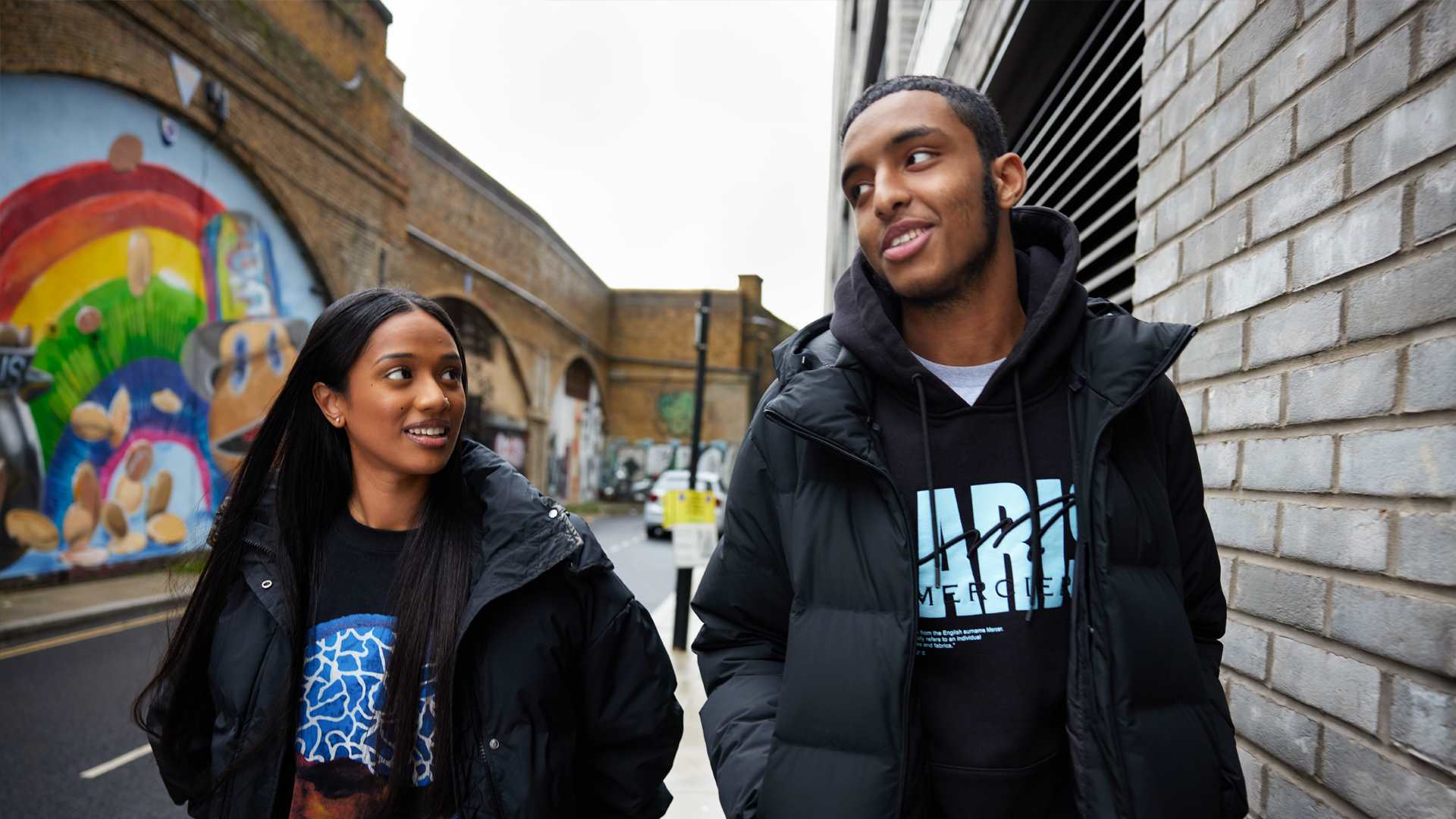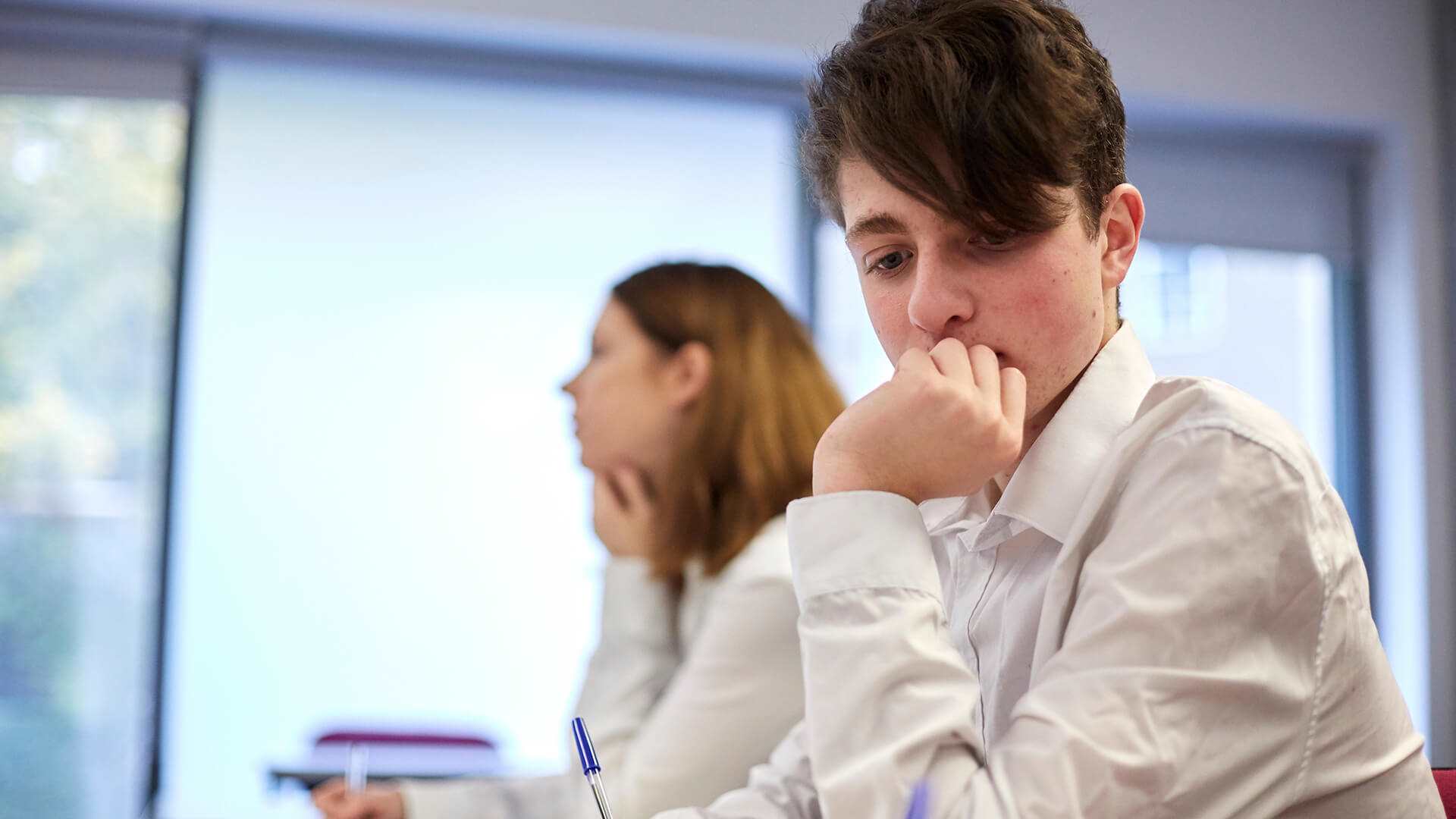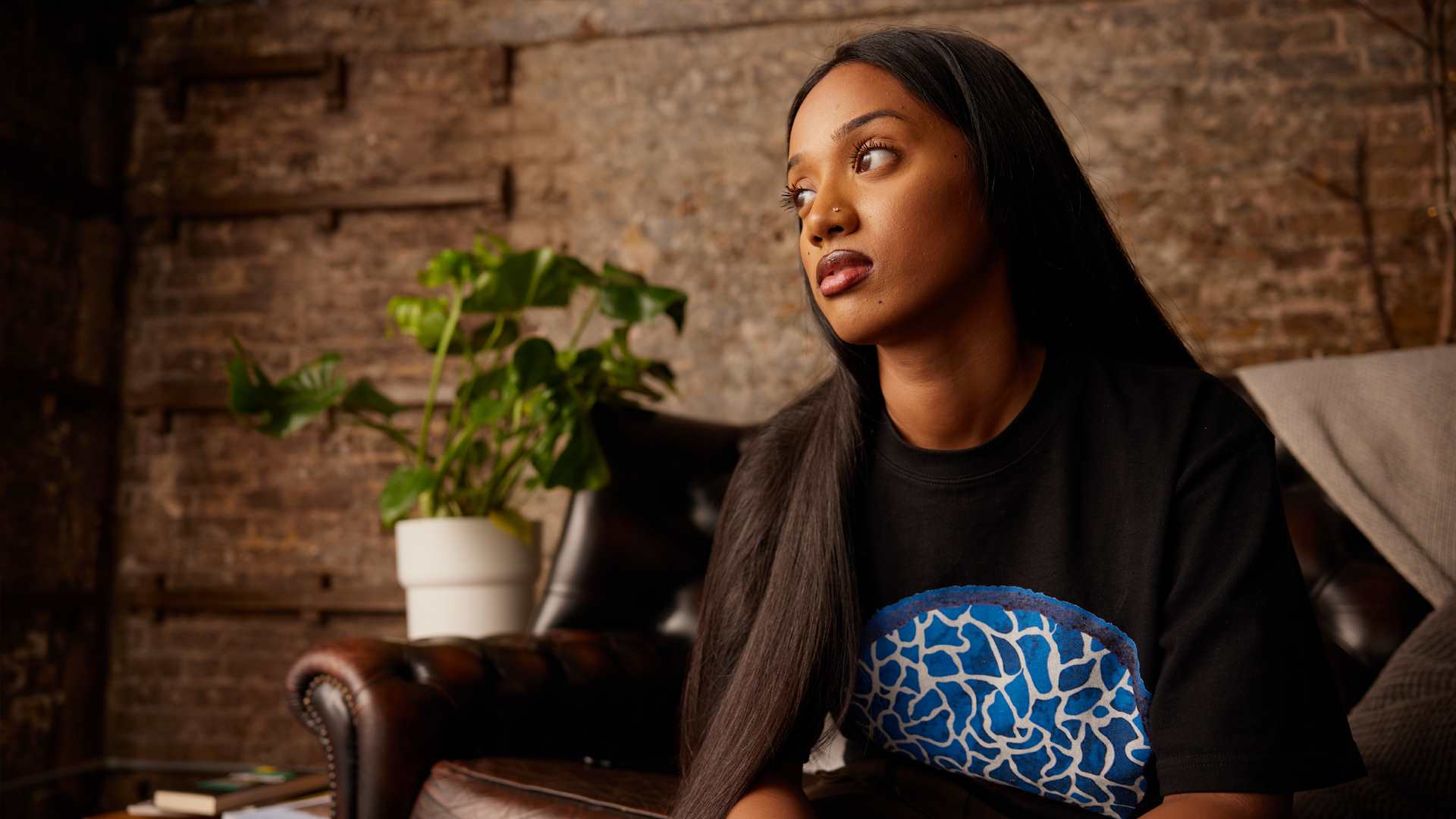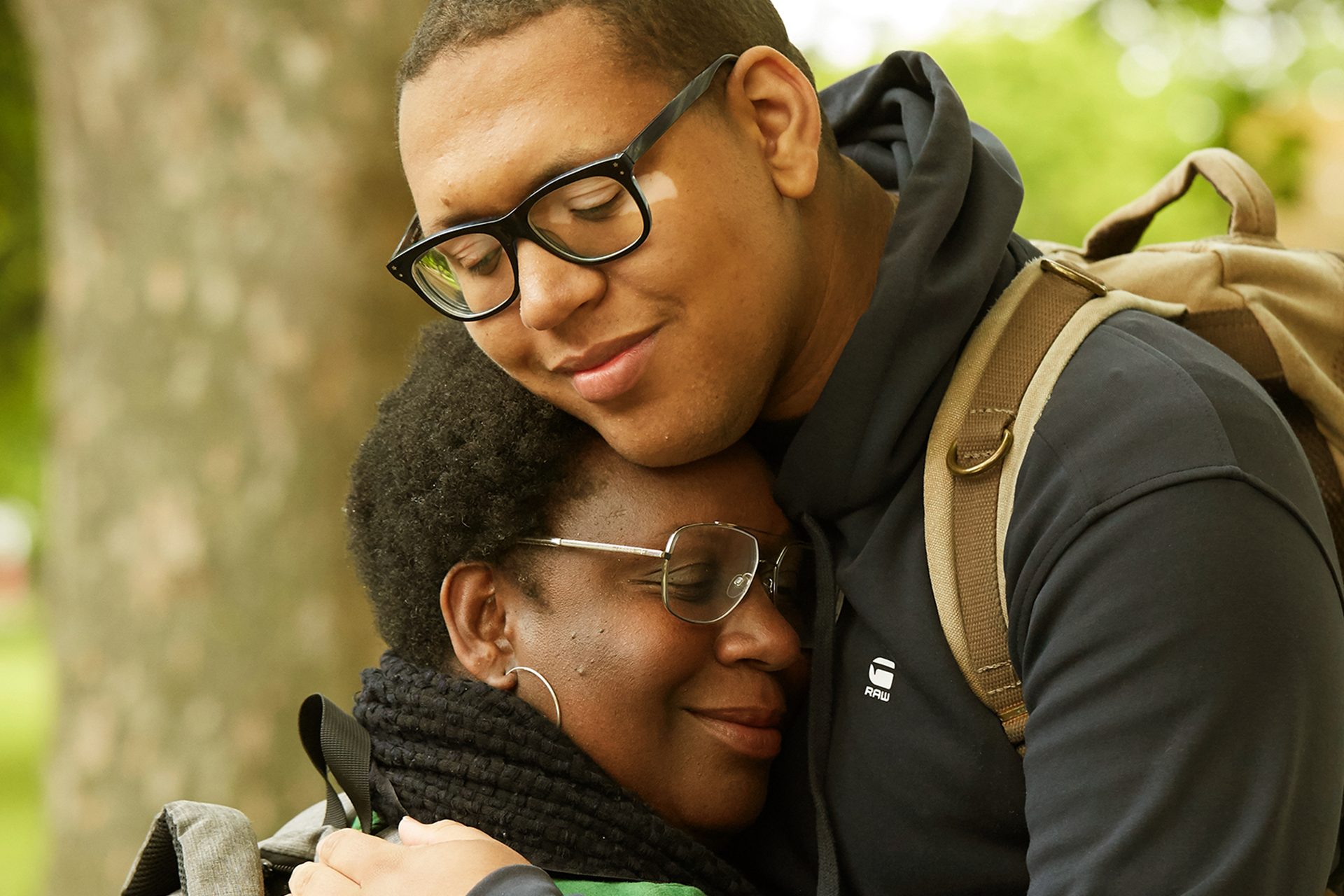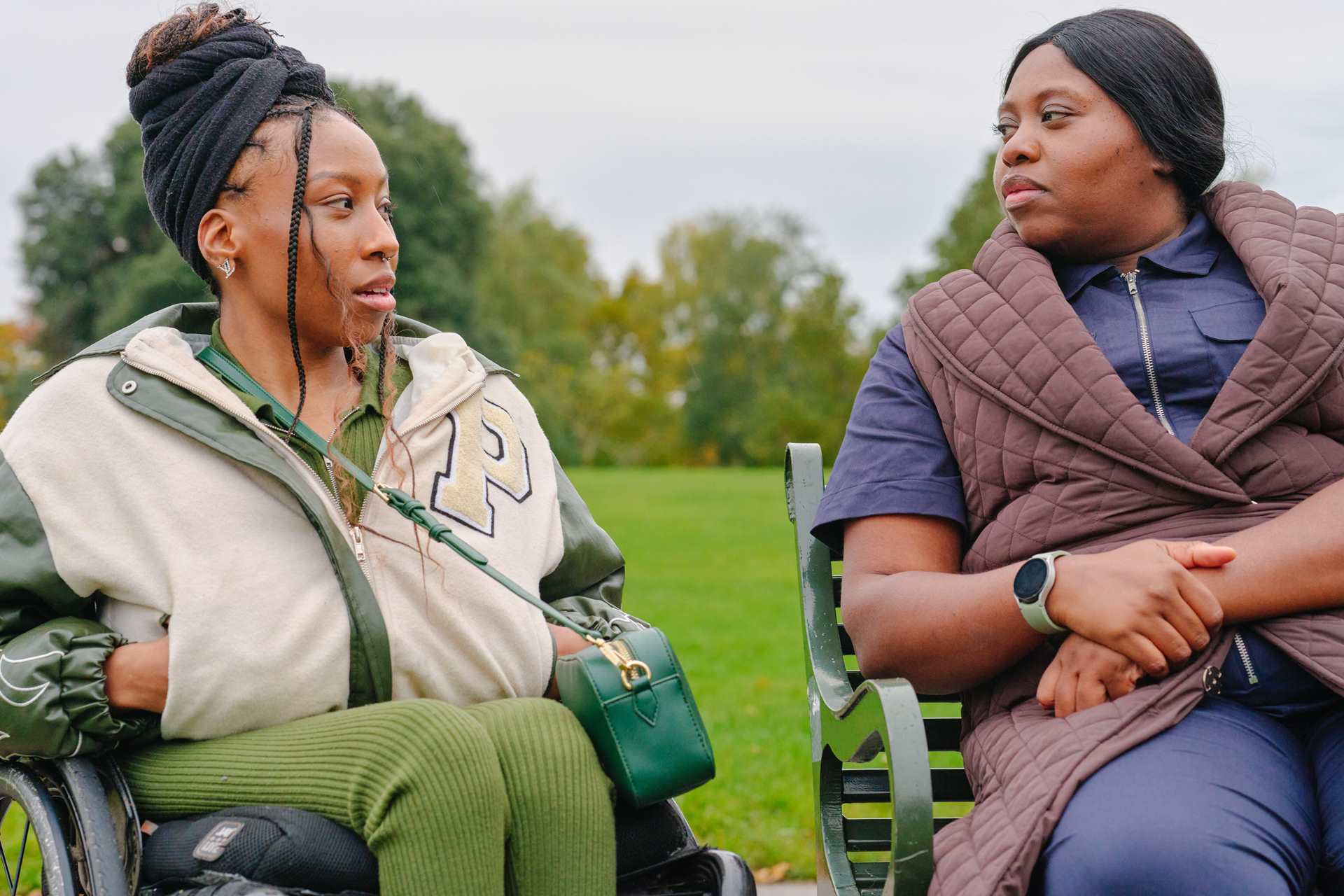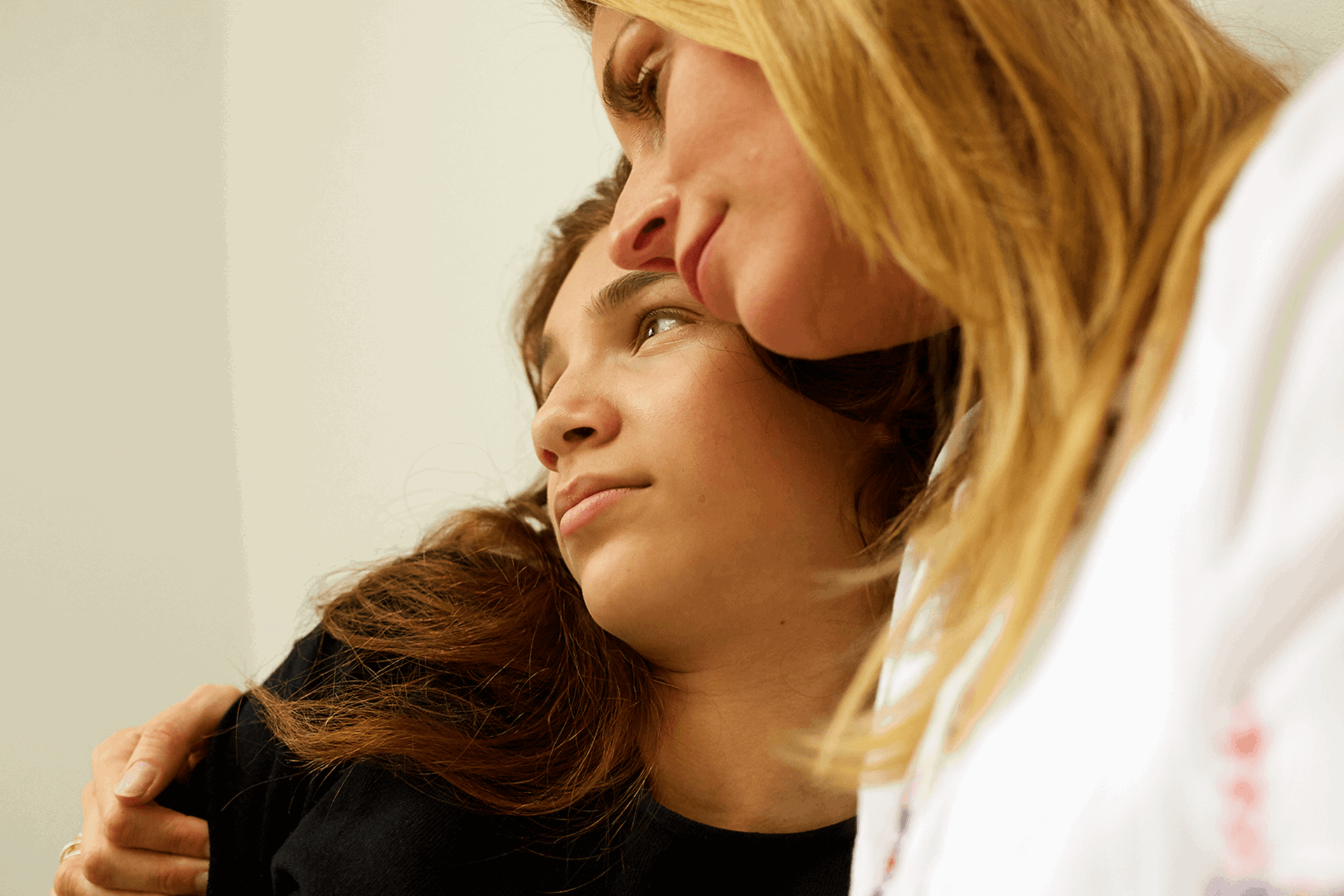A phobia is a strong, overwhelming fear of something that most people wouldn’t see as dangerous. It’s a type of anxiety disorder.
You might have a phobia of a situation, object, place or feeling. Even if you know it’s safe, your phobia can still make you feel panicked or like you need to get away. For example, you might:
- know it’s safe to stand on a high balcony but still feel terrified to go outside or look out the window
- know a spider won’t hurt you but still feel overwhelmed with fear when you see one
- know that going to the shops or getting on a bus is safe, but still feel overwhelmed with fear or panic in busy places
Usually, a phobia is triggered by being exposed to the thing you’re scared of. But you might also feel triggered just thinking or talking about it. Often, people with phobias try to avoid the thing they're scared of completely.
Phobias can be intense. They can stop you doing everyday things, affect your relationships or make you feel like you're not in control. But with the right support, most phobias can be treated successfully. Our guide is here to help you understand what you're going through and find a way forward.




